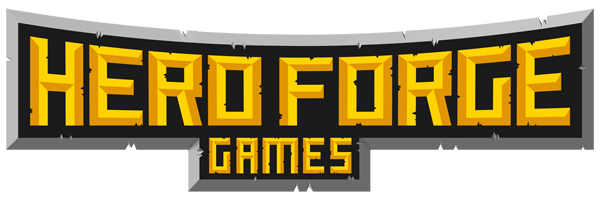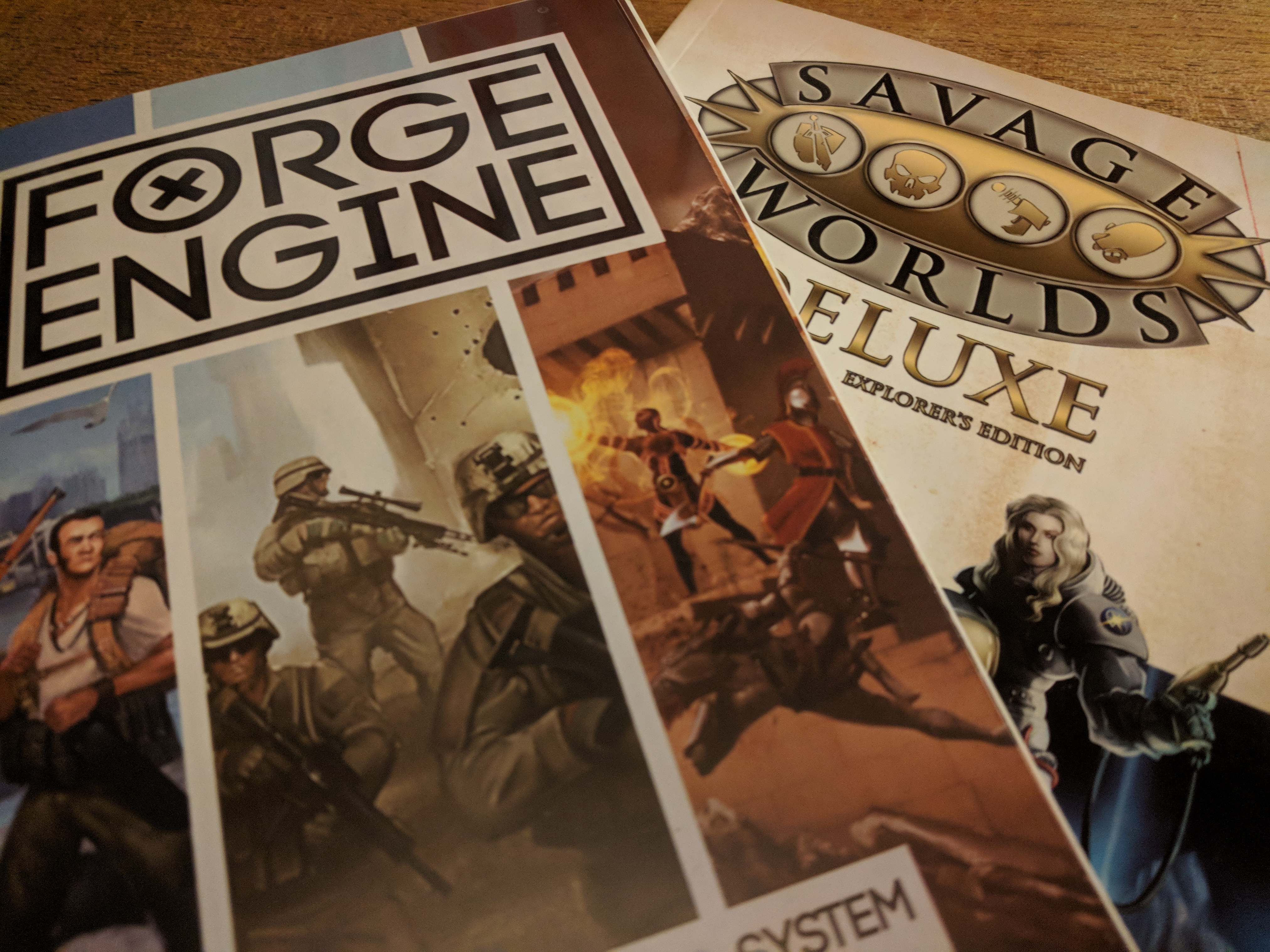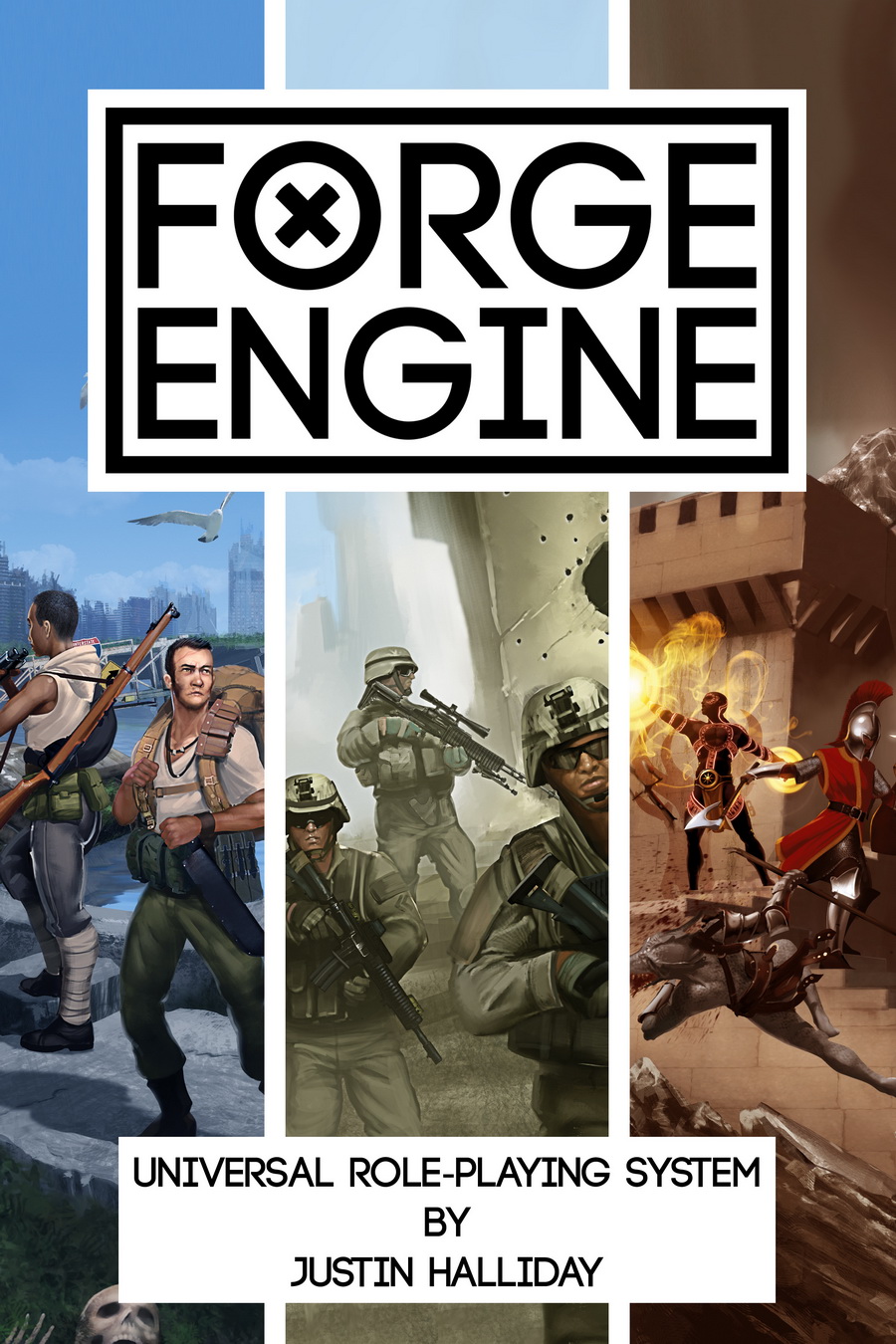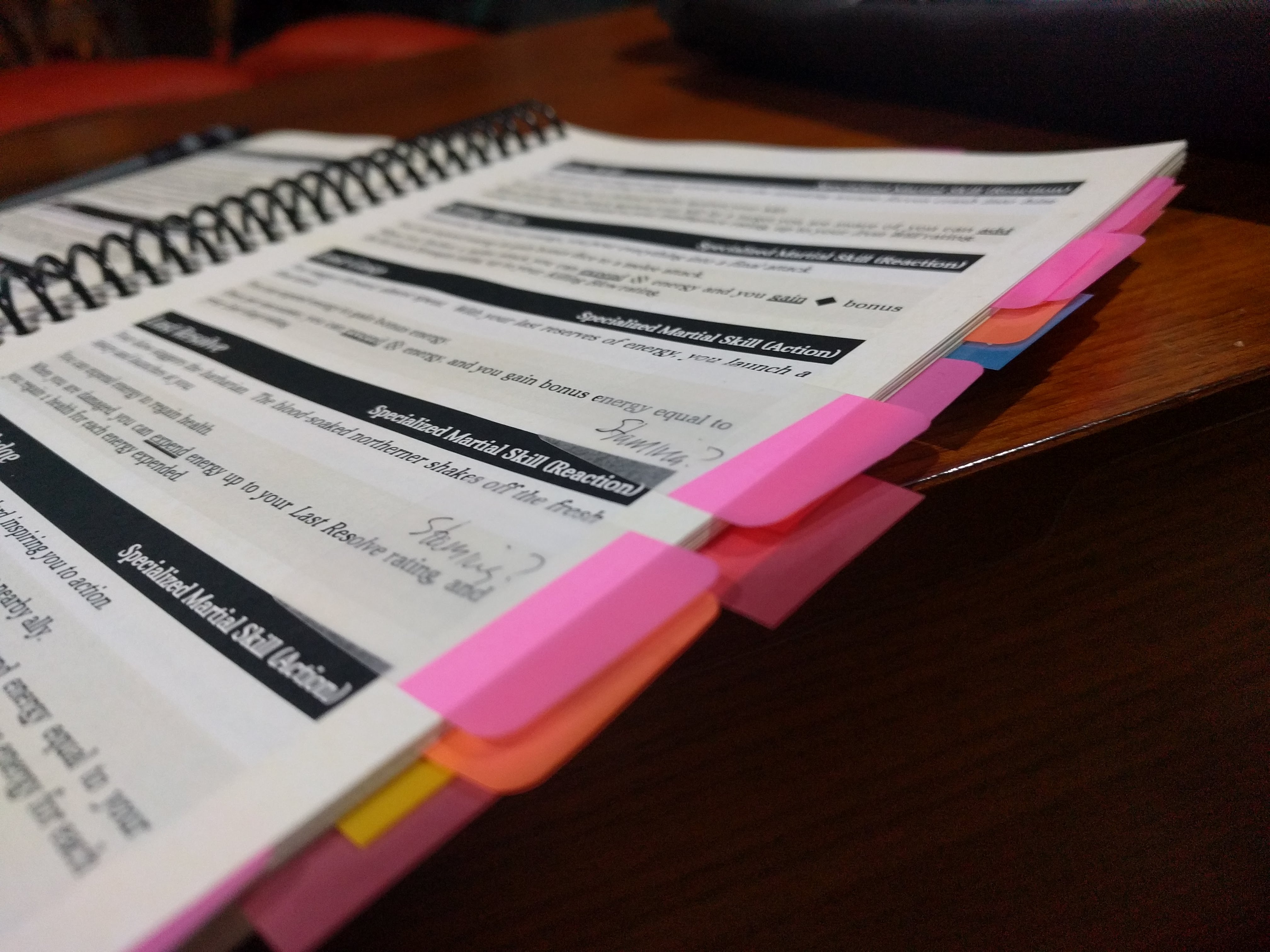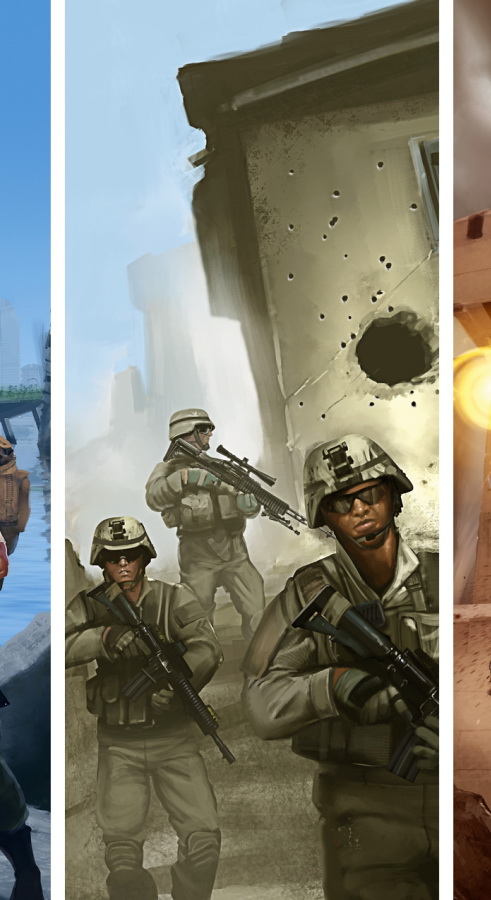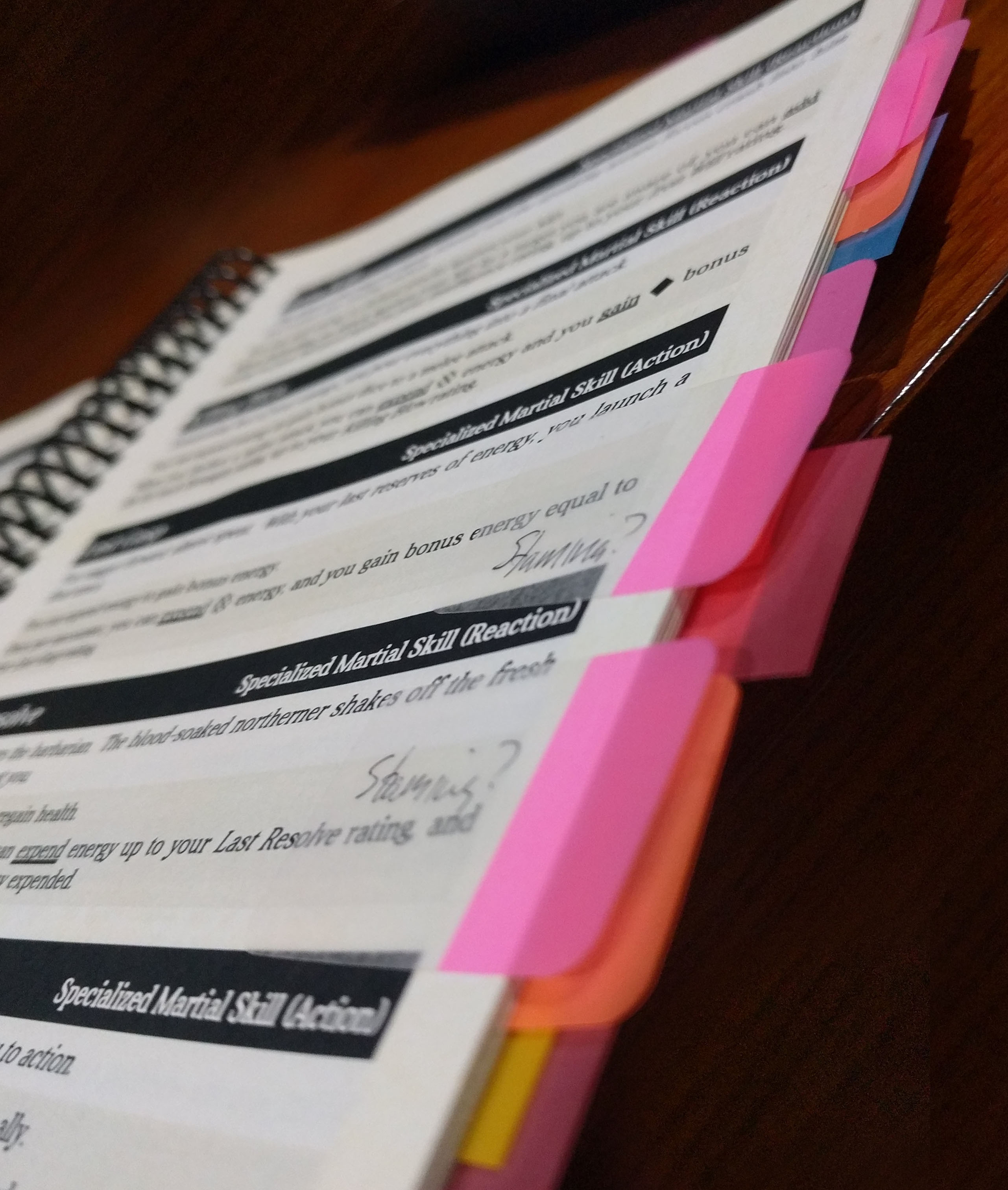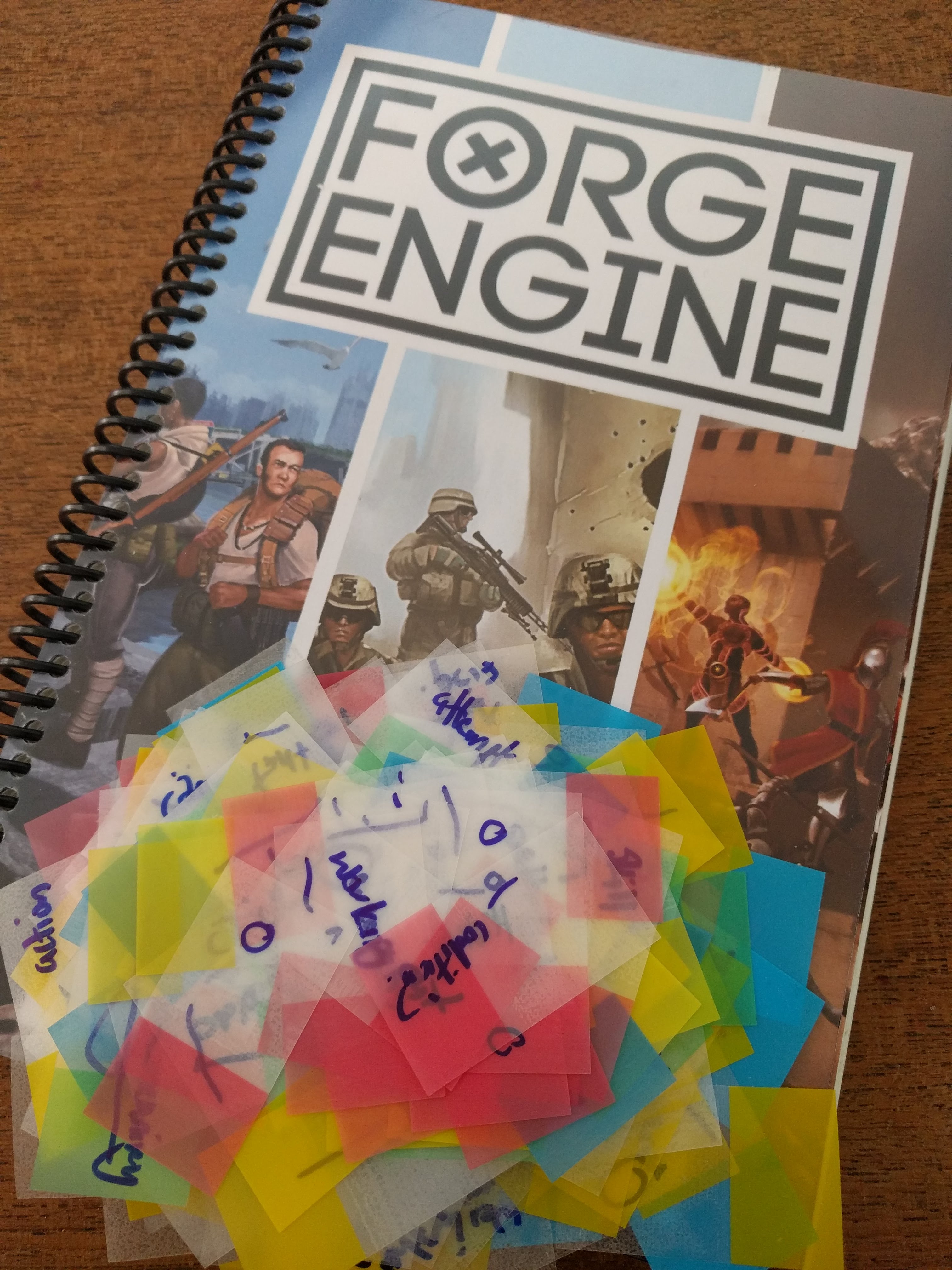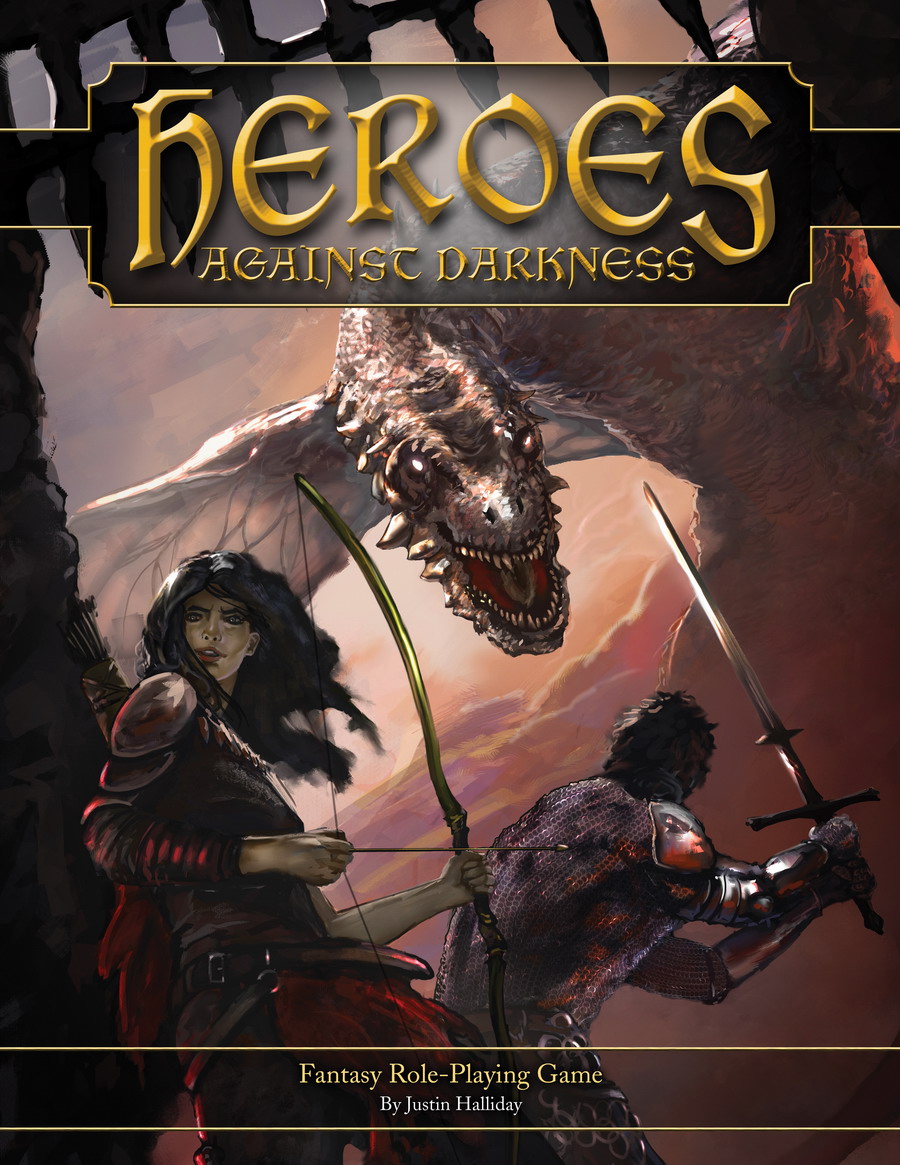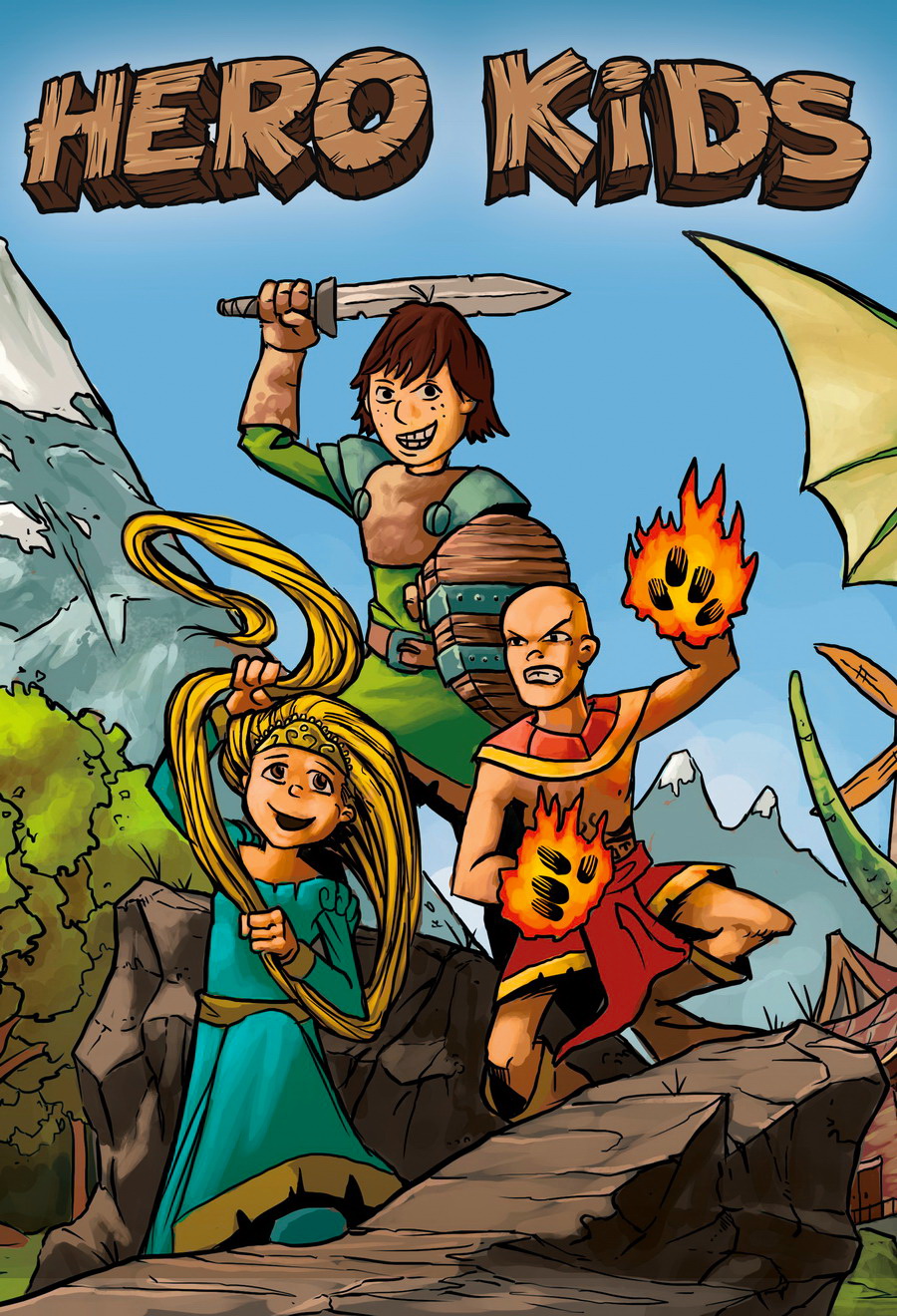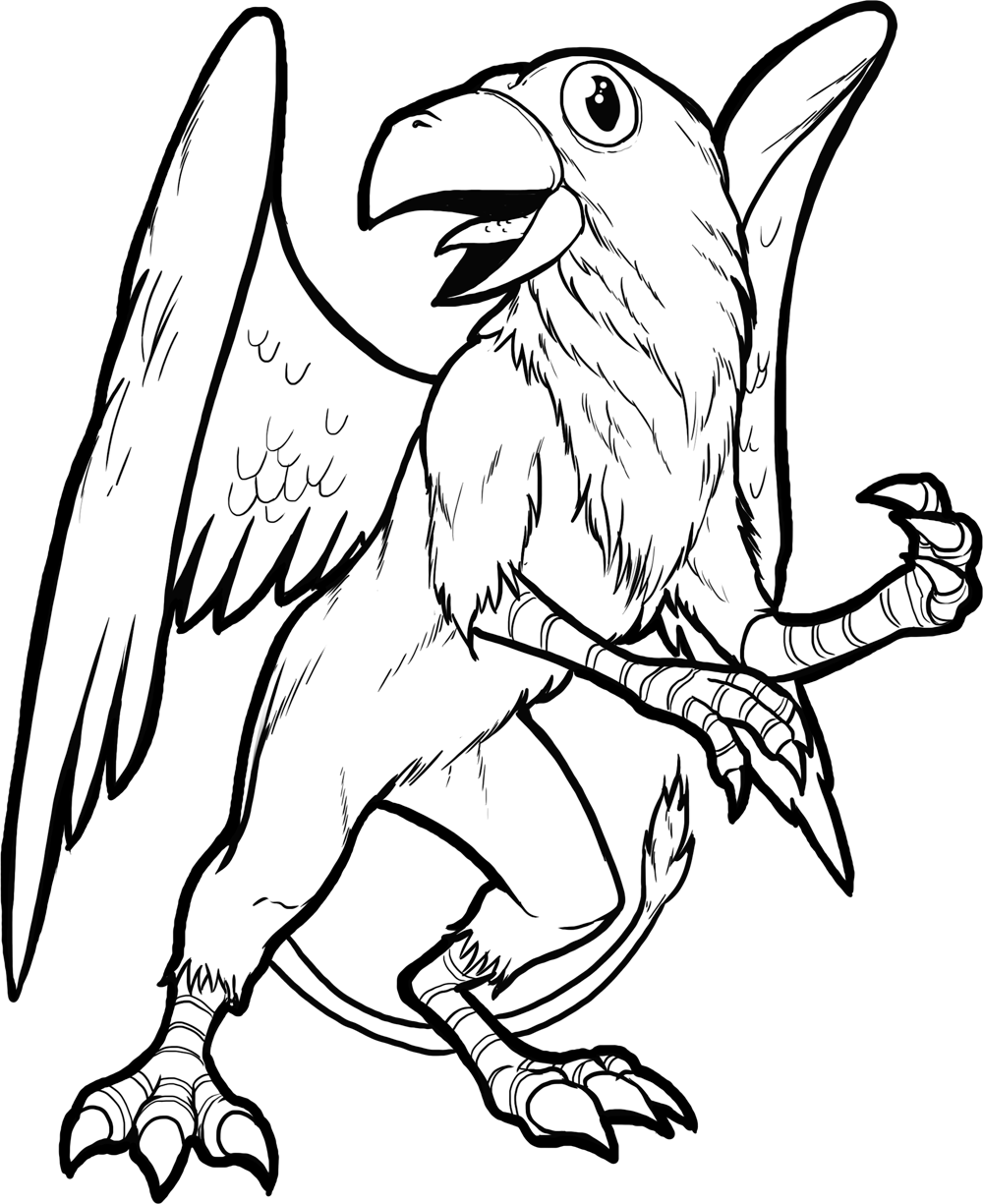• Beguiler - The beguiler's eyestalks unleash powerful and versatile magic
• Boar - The battle-boar carries stalwart heroes into battle
• Gorilla - Enemies' attacks only strengthen the gorilla's attacks
• Griffon - The griffon swoops down to carry off its prey
• Hydra - Each of the hydra's three heads has a different ability
• Phoenix - The phoenix is shrouded in blankets of flame
• Salamander - The quick-footed salamander radiates intense heat
• Wyrmling - This juvenile dragon spits balls of crackling lightning
• Wyvern - The wyvern fledgling buffets enemies with its wings
• Yeti - The thick-furred yeti throws hard-packed icy boulders
Hero Kids Bundle of Holding
Friends, the latest Bundle of Holding is all Hero Kids, all the time!
This bundle includes over $80 of fantasy and sci-fi Hero Kids PDFs for a fantastic low price, and in support of the Reading is Fundamental charity.
Even if you’ve already got the core Hero Kids rules or you’re missing some of the expansions, this is a great opportunity to complete your collection.
